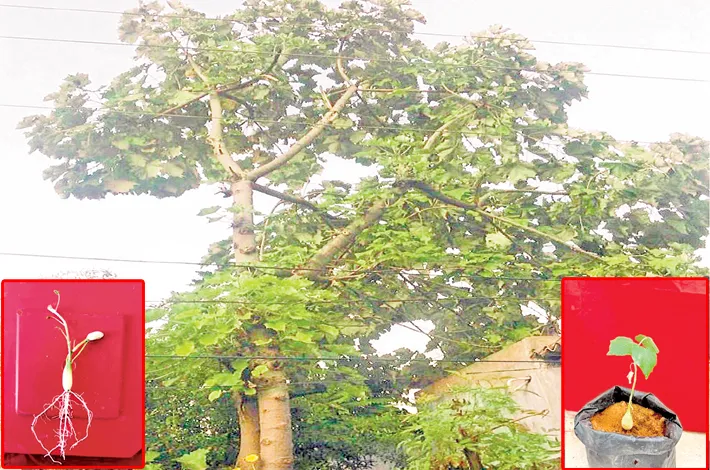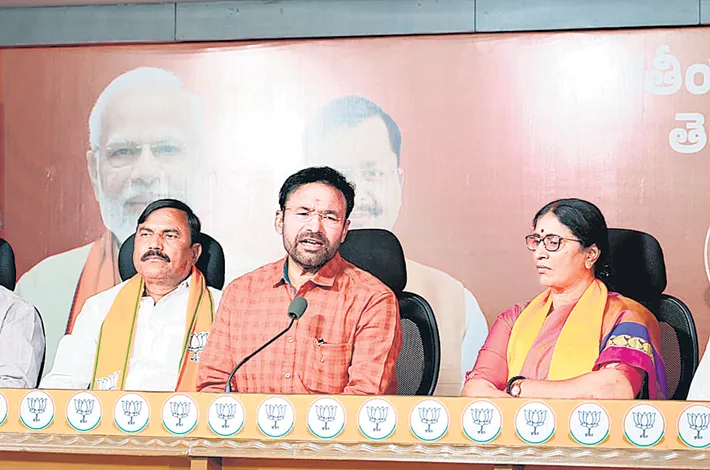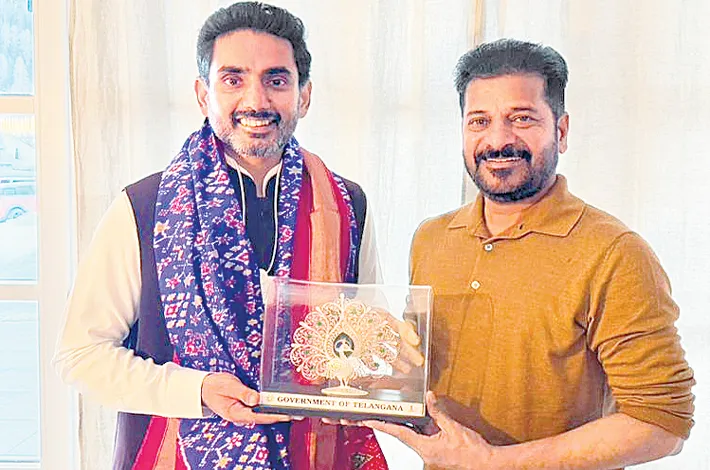FCRI Mulugu develops breakthrough for Poniki tree revival
27-10-2025 12:00:00 AM

In a major scientific milestone, researchers at the Forest College and Research Institute (FCRI), Mulugu, Telangana, have developed a pioneering seed germination technique for Givotia rottleriformis—commonly known as the Poniki tree—used in crafting the world-famous Nirmal handicrafts.
The innovative method, led by research scholar Maloth Mounika under the guidance of Dr. Reeja Sundaram, Assistant Professor, Department of Tree Breeding and Improvement, has achieved up to 80% germination success, overcoming the species’ long-standing reproduction challenges. The breakthrough offers new hope for conserving this rare tree species, whose soft, lightweight wood forms the backbone of Telangana’s traditional Nirmal toys and lacquered artefacts.
The Poniki tree, native to dry deciduous forests across southern India, has been on the verge of decline due to poor regeneration, seed dormancy, and habitat degradation. The research team’s new germination protocol—now proposed for patent approval—marks a crucial step toward restoring its population and sustaining hundreds of artisan families dependent on Nirmal craftwork.
Speaking about the success, FCRI Dean V. Krishna, IFS, said, “This innovation reflects the institute’s commitment to combining scientific research with cultural preservation. Reviving Poniki is not only about conserving biodiversity but also about protecting Telangana’s artisan livelihoods and heritage.”
The new technique will enable large-scale plantation and ecological restoration of Poniki trees. FCRI plans to transfer this technology to forest departments and artisan clusters to ensure a sustainable supply of raw material for the Nirmal toy industry, thereby supporting both environmental conservation and rural livelihoods through science-driven innovation.








